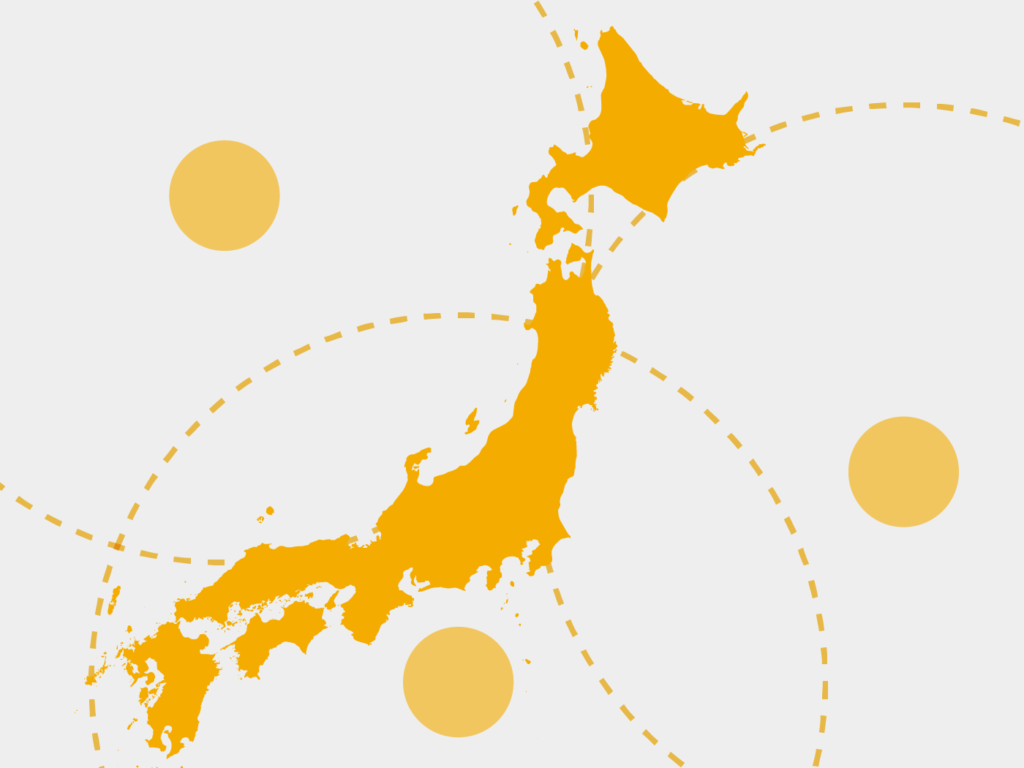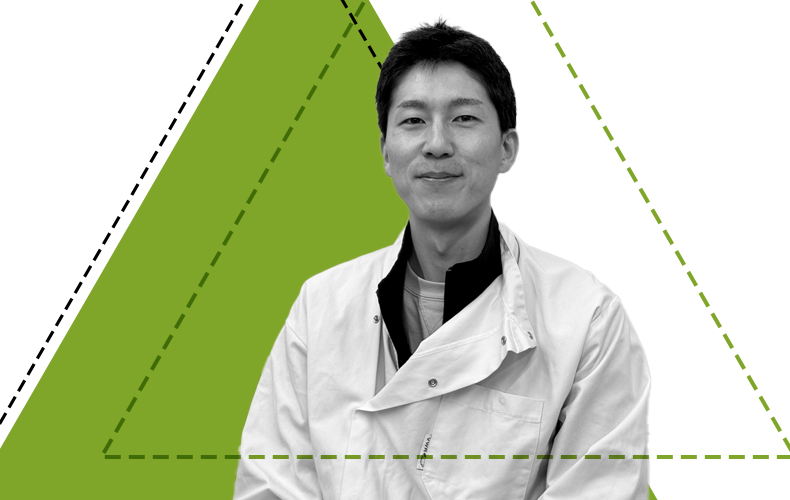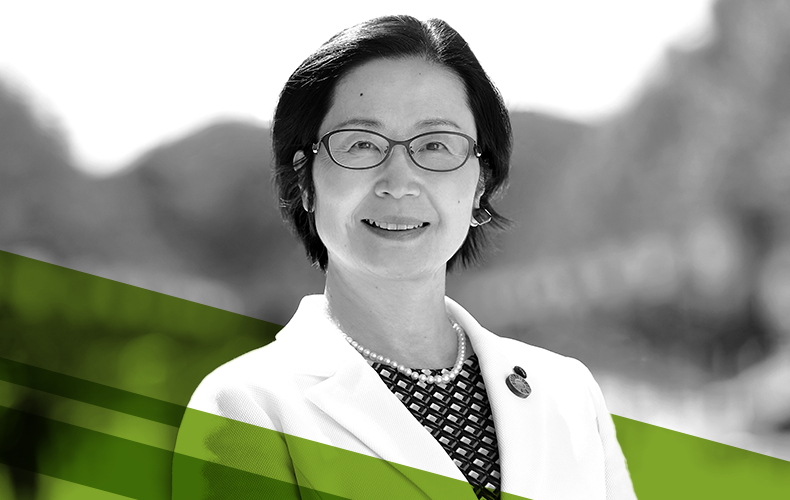1 February 2023 – The Molecular Biology Society of Japan (MBSJ), which has 12,000 members, held its 45th annual meeting in Chiba from 30 November to 2 December 2022. Several representatives of EMBO and its scientific communities were involved in the successful meeting and its satellite events.
Joining efforts
MBSJ, the American Society for Cell Biology (ASCB) and EMBO conducted a joint workshop.
The first part, Building a strong partnership between MBSJ, ASCB and EMBO, took place on 30 November. The president of the MBSJ 2022 meeting Tatsuo Fukagawa, ASCB President Erika Holzbaur, EMBO Director Fiona Watt and Head of EMBO Press Bernd Pulverer presented an overview of the organizations, how they are already interlinked and could work together even more closely, to approximately 50 participants from Japan, Asia and beyond. The subsequent discussion highlighted collaborative activities that could be implemented quickly, such as membership benefits for conferences and publications, and considered options for a potential joint conference.
The second part, Navigating your career across boundaries, on 2 December started with a panel discussion on how to find PhD/postdoctoral/research/faculty positions and get grants. The panelists shared their career paths, personal experiences and different motivations for moving between countries. They included Susan Gasser, who is director of the ISREC Foundation in Lausanne, EMBO Member, previous Chair of EMBO Council and current EMBC Delegate for Switzerland, and Yuki Nakamura, who is team leader at the RIKEN Center for Sustainable Resource Science in Yokohama and professor at the University of Tokyo.
“My career path is a bit unusual for a Japanese: I first went to Singapore, then to Germany and Taiwan, spending 15 years abroad before returning to Japan,” says Nakamura, who was the first EMBO Young Investigator in Taiwan and led a group of scientists from more than ten countries there. He emphasized the benefits of the young investigator network and gaining international experience: “Knowing people and their cultures enriches your experience. It is a joy of life beyond working in science as a profession. I encourage everyone to take up more opportunities for international career development.”
After the panel discussion, the participants divided into three groups for round-table discussions on opportunities in Japan, the US and Europe. Iris Wieczorek, consultant for EMBO in Japan, acted as a facilitator for the group focusing on Europe. A lively discussion developed with approximately 25 scientists and continued with some of them after the workshop.
“I really enjoyed the workshop. It was very interesting to learn how the panelists found their ways in academia. I also liked the interactive round-table discussions,” comments participant Fumi Kubo, an associate professor at the National Institute of Genetics in Shizuoka. “I have learned about different academic cultures while working in the US and Germany and benefited from that.”
Promoting international science
The MBSJ Special Programme: The role of organizations in international science on 1 December started with presentations by the Human Frontier Science Program, EMBO, the Japan Society for the Promotion of Science and the Stellar Science Foundation. The speakers gave an overview of their organizations and funding schemes for approximately 60 participants. A lively Q&A session provided further information on eligibility and success rates of Japanese researchers, considered common misconceptions about the schemes and addressed the topic of crossing borders versus international collaboration.
EMBO Associate Member Mikiko Siomi, a professor at the University of Tokyo who has previously worked in the US, presented on behalf of EMBO. “The session was received well,” she says. “I believe that the information we have given to young researchers in particular will be very helpful for them in the future.”
In addition, Bernd Pulverer gave a presentation on EMBO Press and Review Commons, the preprint peer-review platform, and their work on transparent publishing and Open Science. Several participants used the opportunity to find out more during the subsequent Q&A session. EMBO Press also held poster clinics at the meeting.
Supporting female scientists
EMBO Solutions and Women in Science Japan (WiSJ), a group led by eight Japanese female scientists, hosted two satellite events that were open to women and men alike.
An EMBO Laboratory Leadership Course took place at the Tokyo International Forum on 3 December. Susan Gasser, executive advisor to WiSJ, provided a warm welcome for the 30 participants. Lectures by Noriko Gotoh of Kanazawa University, Bernd Pulverer and Head of Training at EMBO Solutions Samuel Krahl as well as group and one-to-one discussions offered many opportunities to learn about laboratory management. Topics included communication skills, recruitment, supervision, mentoring, and combining family and career. An informal networking session allowed participants to exchange experiences and enhance collaborations.
The third International Symposium for Female Researchers in Chromatin Biology was held online on 5 December. Presentations by invited female speakers from Australia, Germany and the UK, and short talks that were selected based on submitted abstracts, provided international views on chromatin biology as well as the opportunities and challenges for female researchers in the field.
Both the annual meeting and satellite events highlighted several existing links between EMBO and MBSJ. EMBO is excited about expanding connections with MBSJ and the wider life sciences community in Japan in future.



